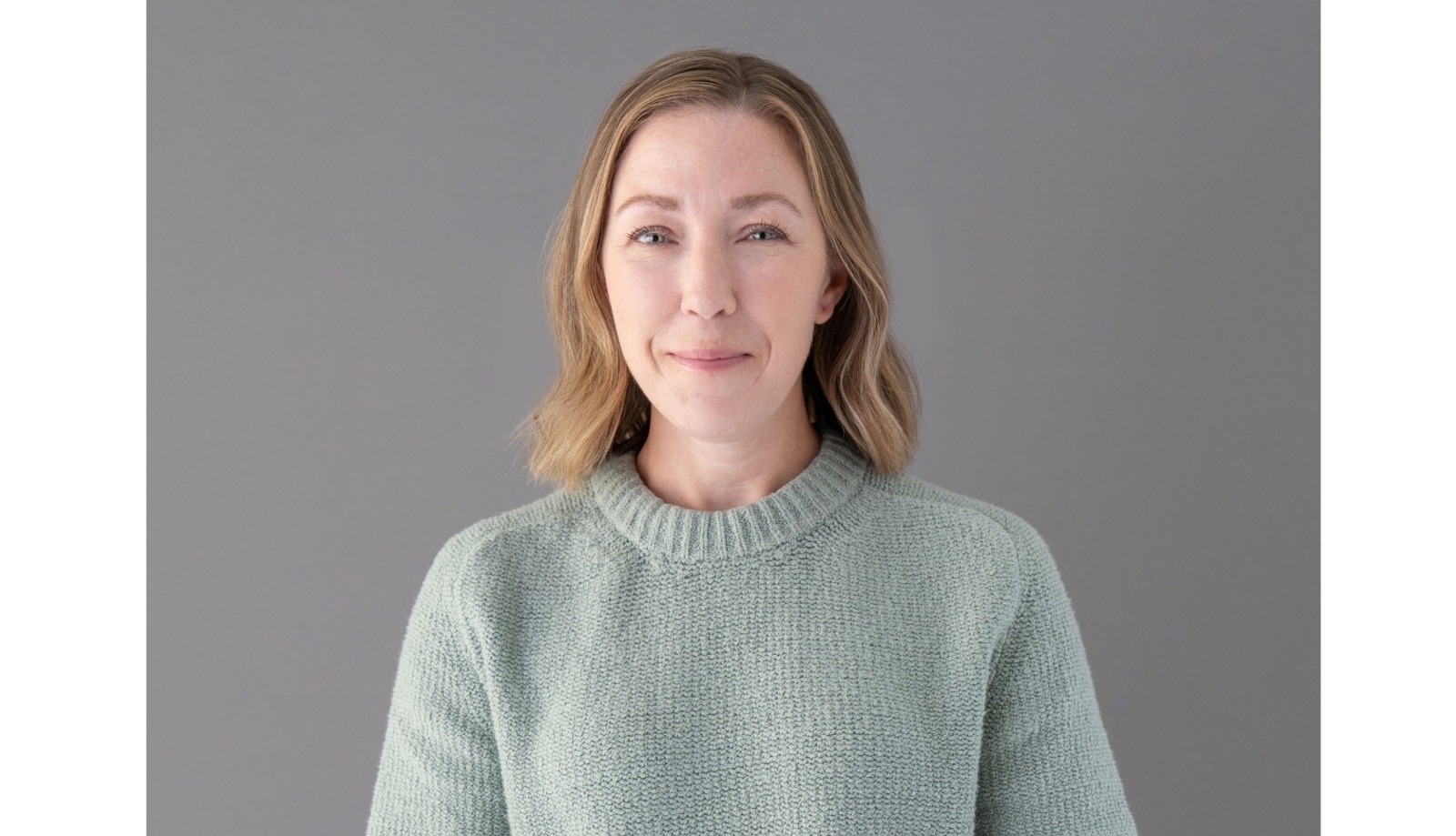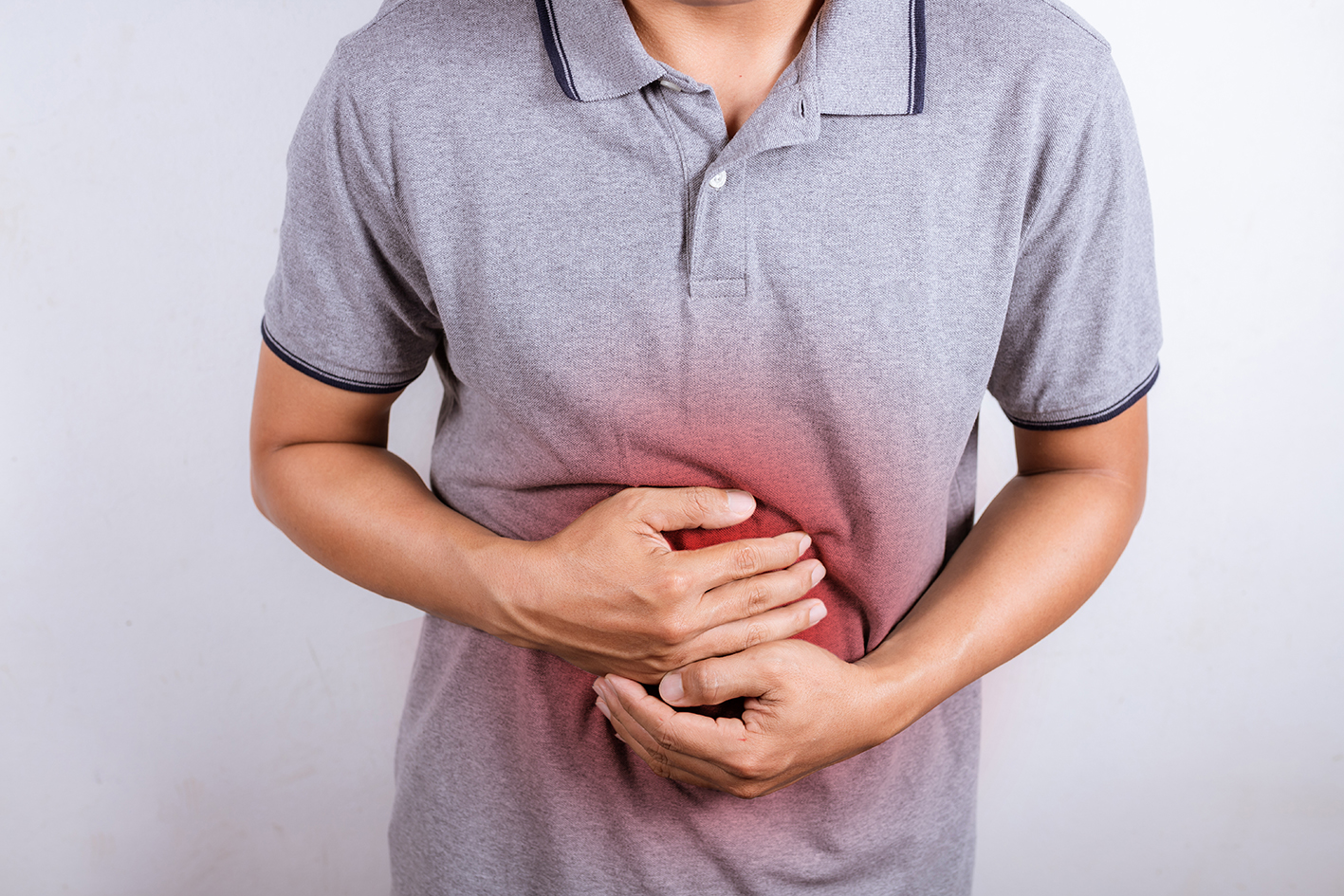NHS urges people to contact their GP if they notice unusual symptoms that could be cancer. Early detection improves treatment outcomes significantly.
NHS Issues Urgent Reminder on Cancer Symptoms
The NHS has issued a fresh appeal encouraging people in the UK and Canada, including Surrey residents, to contact their GP if they experience unusual or persistent symptoms that could be linked to cancer. The health authority warns that early detection is crucial for better treatment outcomes and potentially saving lives.
A Range of Symptoms Could Be Warning Signs
While many symptoms may result from less serious health issues, the NHS stresses that certain persistent signs should never be ignored. These include unexplained lumps or swelling, significant fatigue, unusual bleeding, prolonged pain, and sudden weight loss without changes in diet or activity.
Other symptoms can include frequent urination, changes in skin appearance such as new or altered moles, chronic indigestion or heartburn, and coughing that doesn’t go away—or worsens. In some cases, blood in semen or unusual vaginal discharge may also be signs worth discussing with a doctor.
Where to Go and What to Expect
The NHS guidance is clear: anyone who notices a change in their body that doesn’t feel right should contact their GP practice promptly. In Canada, this is echoed by local health services encouraging patients to consult with family physicians or walk-in clinics if primary care is unavailable. Diagnostic procedures such as blood tests, imaging, or biopsies may follow to determine the cause.
Why Early Detection Matters
Cancer is a condition where abnormal cells grow uncontrollably and may spread to other parts of the body. When detected early, it is often more treatable and may require less aggressive therapy. According to the Canadian Cancer Society, early-stage cancer diagnoses are linked with significantly improved survival rates across most types.
How to Reduce Your Risk
Although cancer can affect anyone, certain lifestyle changes can reduce the risk of several common cancers. Public health officials recommend quitting smoking, reducing alcohol intake, staying physically active, and eating a balanced diet rich in fruits and vegetables. Regular screenings and being proactive about your health are also vital in early detection and prevention.
The Takeaway for Canadians
The NHS’s renewed message comes at a time when many may delay check-ups due to busy schedules or fear of bad news. However, health professionals stress that taking action sooner rather than later can make a critical difference. If something feels off, don’t wait—contact your GP.


























